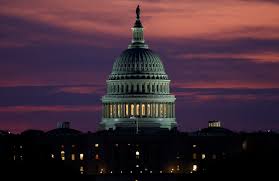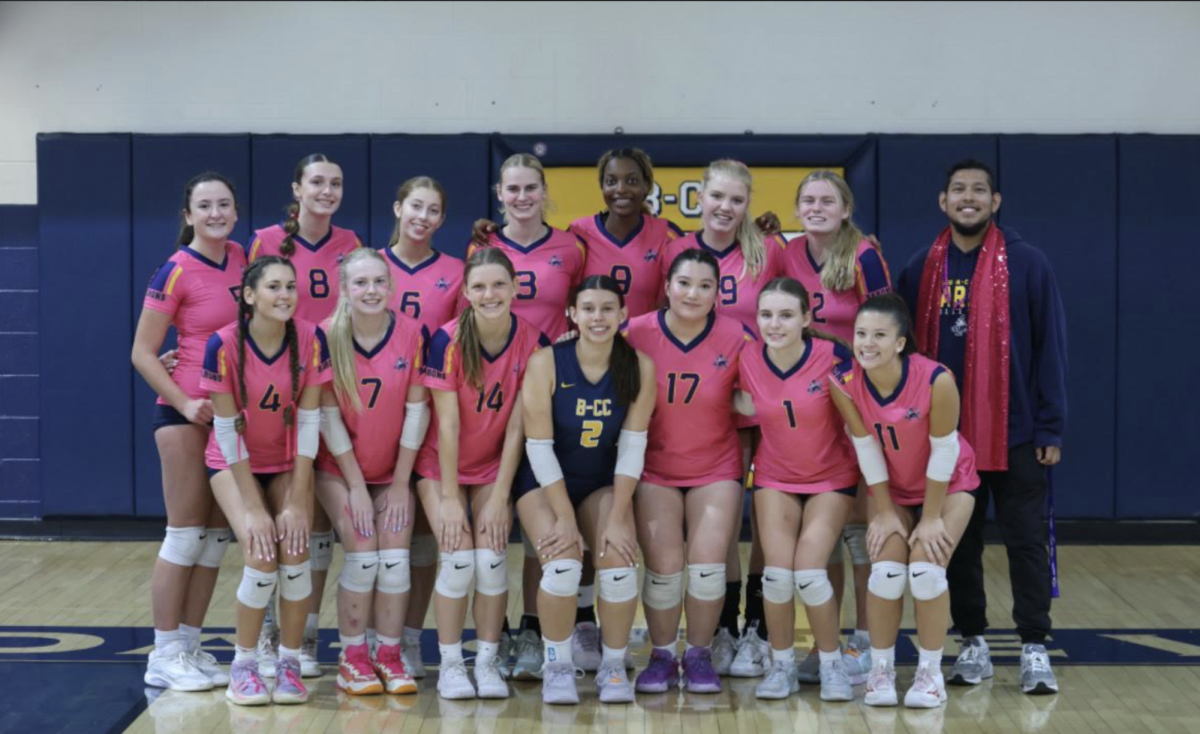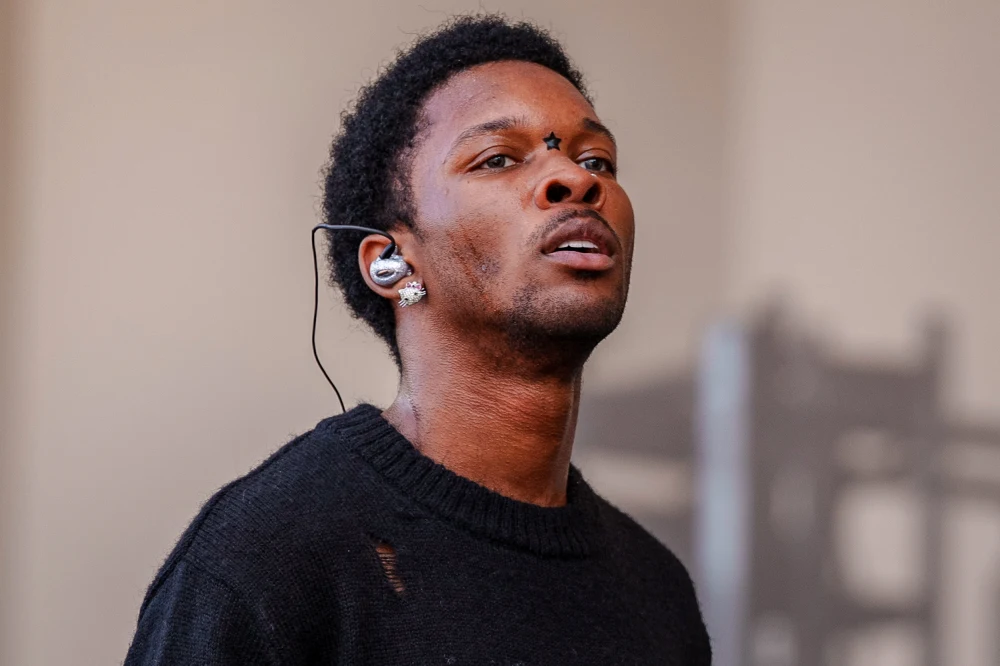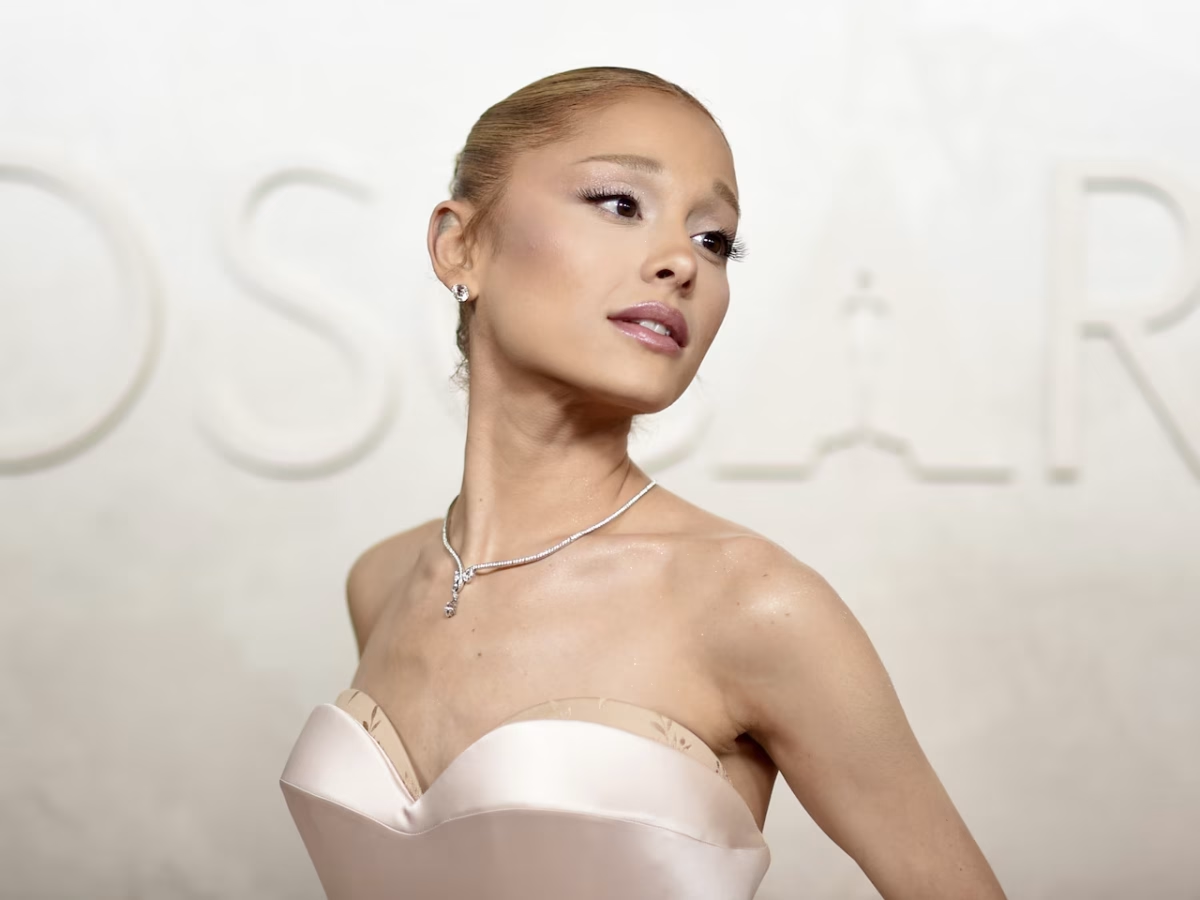Oscar Nominations: Progress or Regress?
It appears that it has now become a general rule of thumb not to put too much faith in the academy because of its recurrent apathy for Black talent, but it does not make the letdowns any easier to tolerate.
February 17, 2023
The 2023 Oscar nominations are upon us and, once again, the nominees are a mixed bag of progress and regression when it comes to diversity and inclusivity. While some categories demonstrate improvement in representation, others highlight the industry’s persistent shortcomings.
Let’s start with the good news. In the four major acting categories recognized by the academy, seven individuals of color received nominations out of a possible 20; one was also a nominee for Best Director. For her leading role in Dan Kwans and Daniel Sheirbert’s Everything Everywhere All At Once, about a Chinese immigrant who is sucked into a wild adventure where she alone can save humanity by traveling through the multiverse and connecting with lives she could have led, Malaysian actress Michelle Yeoh became the first Asian nominee to be nominated for Best Actress in roughly nine decades. Ke Huy Quan and Stephanie Hsu, two of her Asian American co-stars, also received Supporting Actor and Actress nominations.
For her portrayal of Marilyn Monroe in the recent biopic Blonde, Cuban actress Ana de Armas joined Yeoh as a contender for this year’s Best Actress award. Another first-time nominee, Brian Tyree Henry, was recognized for his supporting role in Causeway. Thai actress Hong Chau was also nominated for her supporting part in A24’s The Whale, as was Angela Bassett for her supporting role as queen Romanda in the sequel Black Panther: Wakanda Forever, making her the first actor from the Marvel Studios franchise to be nominated for an Oscar.
Nevertheless, despite these developments, the absence of Black actors and directors—particularly female directors—from this year’s nominees highlights the academy’s long standing practice of overlooking black talent. Films led and primarily focused on Black people, such as Gina Prince-Blythewood’s historical epic The Woman King, Jordan Peele’s sci-fi horror film Nope, and Chinonye Chukwu’s real-life inspired Till (reviewed by the Tattler here), which were projected nominees, were all completely snubbed and effectively excluded from the Oscar conversation.
Following the academy’s release of its nominees, Chukwu took to Instagram, where she released a statement claiming, “We live in a world and work in industries that are so aggressively committed to upholding whiteness and perpetuating an unabashed misogyny towards Black women”. This also comes after academy voters chose to nominate no women for Best Director, despite films such as Women Talking, The Woman King, She Said, Till, and Aftersun earning widespread appraisal.
Other critics also maintain that the academy continues to unfairly overlook Black talent, particularly Black women, with the exclusions of The Woman King and Till as evidence. Seeing it as an indication of the film industry’s ongoing commitment to performative diversity. Granted, the only Black woman-directed film to date to receive a Best Picture nomination is Selma. A Black woman has never received a nomination for Best Director, and no Black director has ever won the award. Moreover, Halle Berry was the first and only Black actress to be nominated for and go on to win the Best Actress Oscar back in 2002.
It appears that it has now become a general rule of thumb not to put too much faith in the academy because of its recurrent apathy for Black talent, but it does not make the letdowns any easier to tolerate. Nevertheless, it is crucial to recognize that institutions such as the Oscars do not define the worth of Blackness. The passionate and uplifting performances by Viola Davis and Danielle Deadwyler in The Woman King and Till epitomize the strength that underpins blackness to this day, which goes far beyond any award show, as did those of Keke Palmer and Daniel Kaluuya in Nope, only they managed to do so whilst in a flying Saucer (gotta love Jordan Peele). And as much as they merit recognition, it’s important to continue praising both their on-screen work and the directing that made it possible.












































